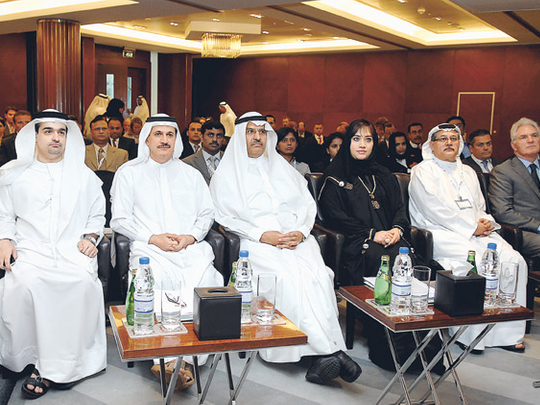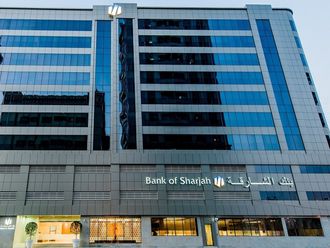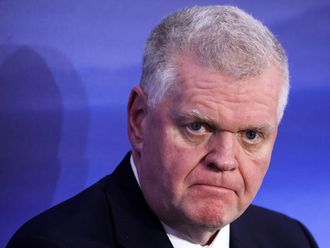
Dubai: The Islamic Corporation for the Insurance of Investment and Export Credit (ICIEC), the export credit insurance arm of the Islamic Development Bank (IDB) yesterday opened its representative office in the Dubai International Financial Centre.
The official opening of the ICIEC was attended by Ahmad Humaid Al Tayer, Governor of the DIFC; Dr Ahmad Mohammad Ali, President of the IDB Group and chairman of the board of directors of ICIEC; Dr Abdul Rahman Al Tayeb Taha, CEO of ICIEC, and senior government officials.
Through the representative office, the ICIEC plans to expand its export credit insurance across the Middle East and North Africa.
"The location of our new office in the DIFC gives us the unique advantage of being in a community of international investment banks, financial institutions, international insurance and reinsurance companies that would help us to expand our activities in the region," said Ahmad Mohammad Ali.
In 2009, ICIEC's total insurance cover for its member countries' investors and exporters stood at over $2 billion (Dh7.3 billion), an increase of 25 per cent over 2008.
Total indemnities paid during the year were $1.6 million, while it recovered $1.9 million, thus achieving a net financial surplus of $1.7 million which is allocated to reserves that stand at $45.12 million, representing 39 per cent of its paid up capital.
The ICIEC covers political and material risk in trade among the member countries of the Organisation of Islamic Conference through provision of investment and export credit insurance services.
"The global financial crisis has resulted in rising risk premium for export credit. Additionally, the political risks in many of our member countries are not covered by international insurers. This is where we step in.
"Due to our special relationship with our member countries we have a better understanding of the risk and we have a commitment to cover them," said Dr Taha.
Despite the global fin-ancial crisis, the ICIEC continued to expand its insurance coverage.
"We have been successful in striking a balance between the necessity for rigorous caution and high professionalism in managing underwriting risks on the one hand, and the need for supporting member countries' economies, particularly in the present circumstances of economic recession," he said.












